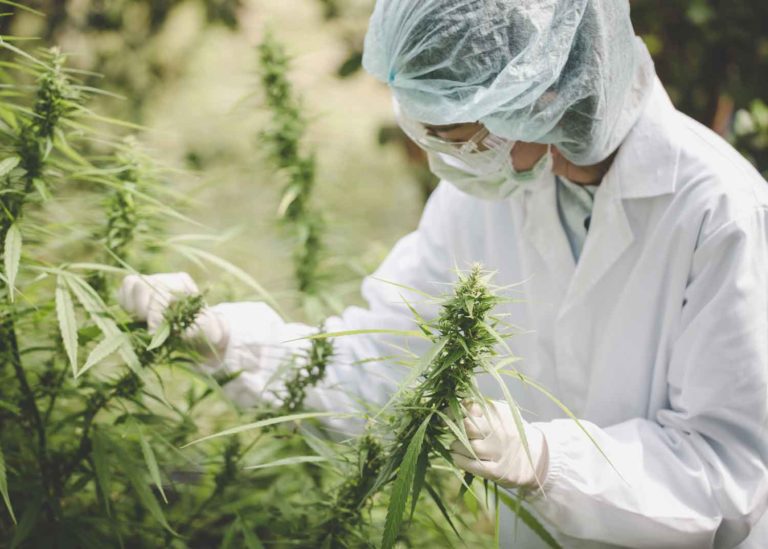
New cannabinoids are discovered all the time. The cannabis plant contains more than 120 cannabinoids. In 2019, a team of Italian scientists, enabled by the UNIHEMP project and sponsored by the European Regional Development Fund, announced they discovered a new cannabinoid. Calling it Delta 9 tetrahydrocannabinol, they found this new cannabinoid to be a relative of Delta 9. Delta 9 is the main cannabinoid found within the cannabis plant. This is the cannabinoid responsible for the euphoric high consumers report experiencing. This new research, published in late 2019, demonstrated how the study worked. Additionally, it explained how the cannabinoid THCP became classified separately from THC and Delta 9.
THCP vs Delta 9
There can be some confusion over the difference between these two cannabinoids. First and foremost, THCP has two additional alkaline chains at the end of its molecular build. This is the biggest difference between the two cannabinoids, as both also have a double bond on the 9th carbon chain. The difference in double bonds is how Delta 8 and Delta 9 are classified separately. This difference may seem minor, but scientists say that it could lead to major differences between the two psychoactive cannabinoids.
When it comes to the receptors in the brain, known as CB1 and CB2, THCP has a different way of interacting with them than other researched cannabinoids. Compared to other cannabinoids, THCP is 33 times more active with CB1 and CB2 than even Delta 9, which is the most common cannabinoid within the cannabis plant. In mice tests, THCP affected the body in ways similar to Delta 9, such as immobility, temperature, activity, and pain.
Future
It is still unknown how THCP will thoroughly interact with the human body, but signs are pointing to a similar experience to Delta 9. There is also the prospect of a medical and clinical use for THCP in the future.
Even with this study published and accepted within the scientific community, there is still some pushback from other researchers. They say more experiments need to be done to make sure THCP is 33 times more active than Delta 9. Scientists also need to research how small of an amount it takes to feel the effects and if THCP can be cultivated in a safe way for consumption.
Cannabis remains a Schedule I drug in the United States. So it will be up to other countries, like Canada and Italy, to conduct current research. Research will be vital for the future of the cannabis and hemp industries. THCP isn’t currently available in large quantities. However, more research may offer this unique cannabinoid as a viable option in the near future.
Make sure to check back for more cannabis and hemp related news.